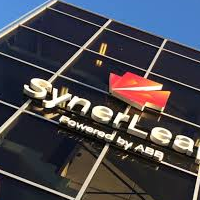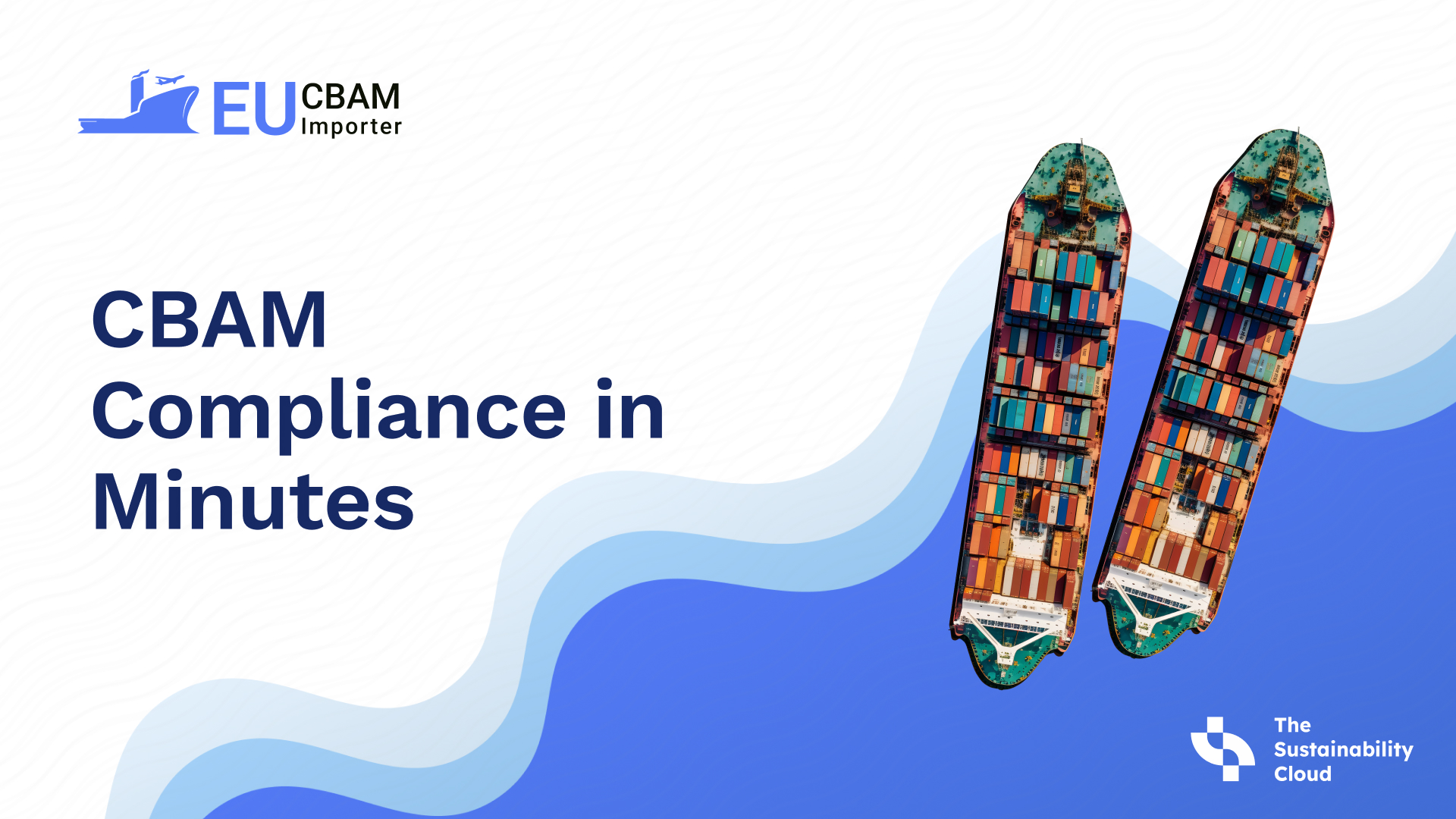A ‘faster’ CBAM compliance software for EU Importers
Automate end-to-end CBAM compliance software. Engage and decarbonise your supply chain, forecast carbon tax and generate quarterly CBAM XML reports.
Not sure if you’re affected by CBAM?

Your data, our priority
We are GDPR compliant to keep your data safe and your compliance seamless.
Get priority access to
Get notified beforehand
Generate XML reports in minutes
Become CBAM compliant starting from
€ 0
FAQs

India
The Sustainability Cloud
406, Tower-A, Unitech Cyber Park, Sector 39, Gurugram, Haryana 122018

Sweden
Logicladder Technologies
Kopparbergsvägen 2 722 13 Västerås Sweden


